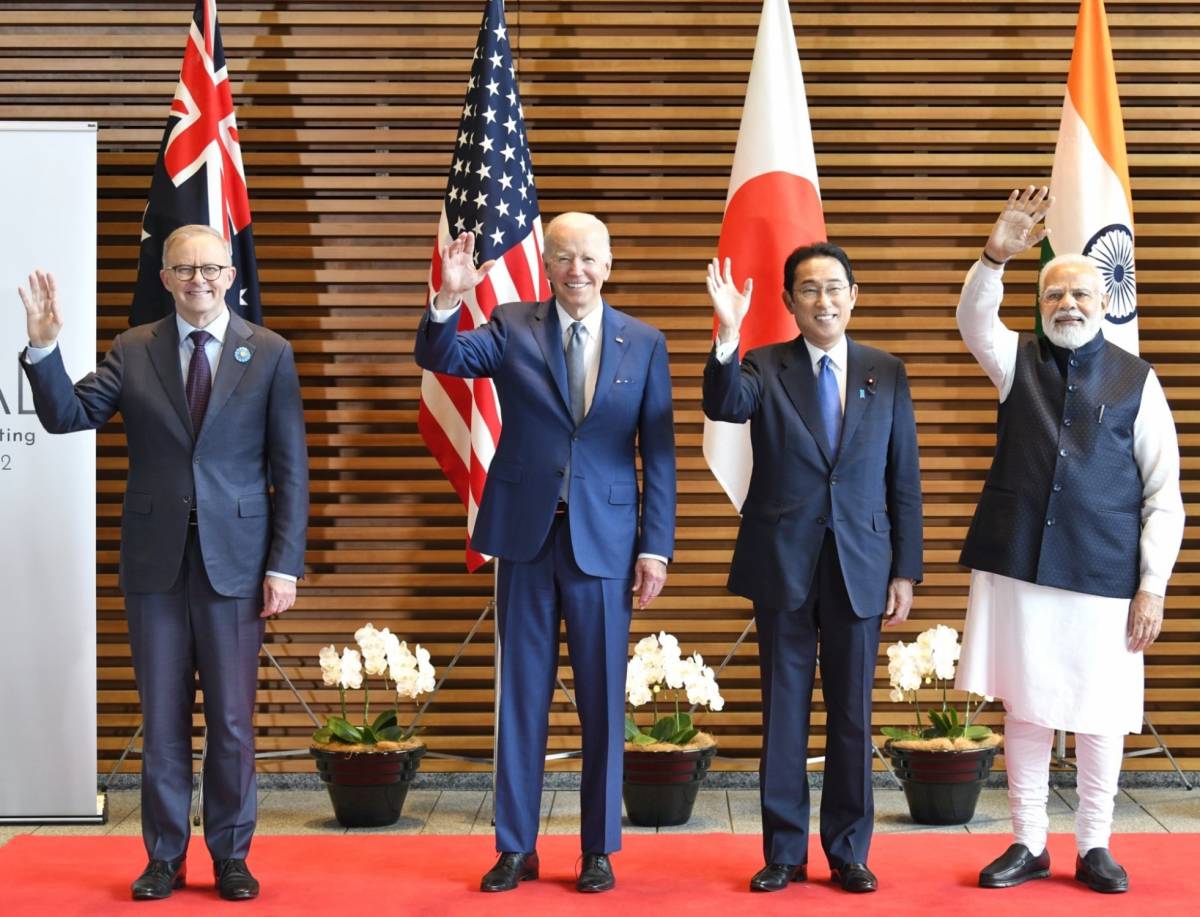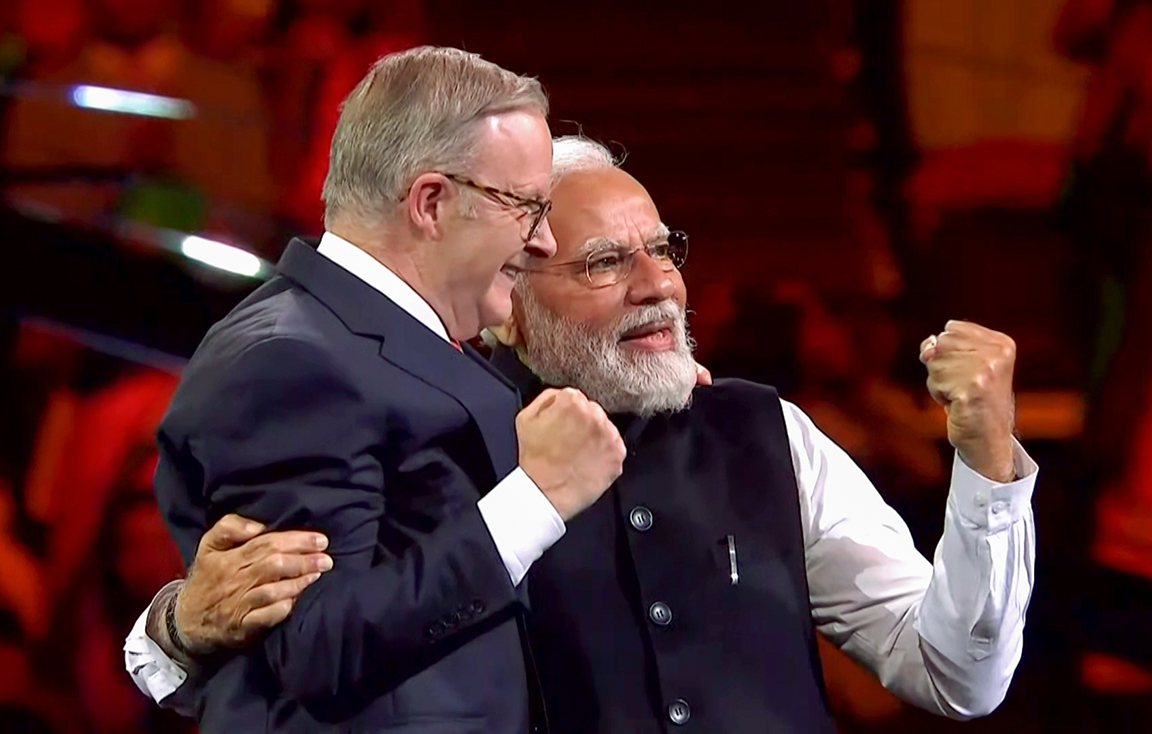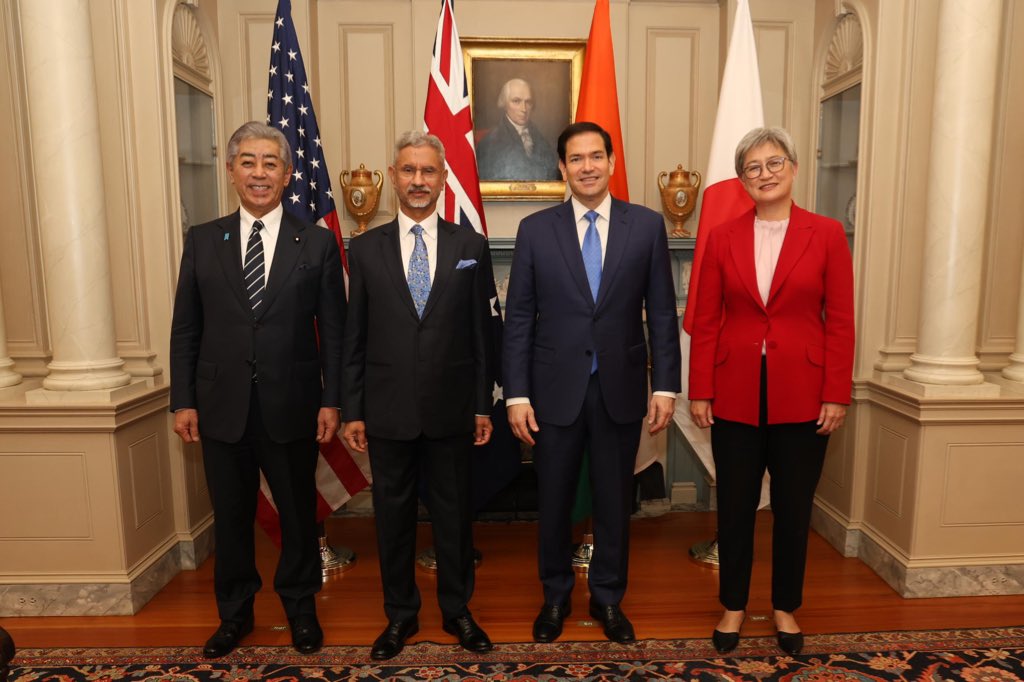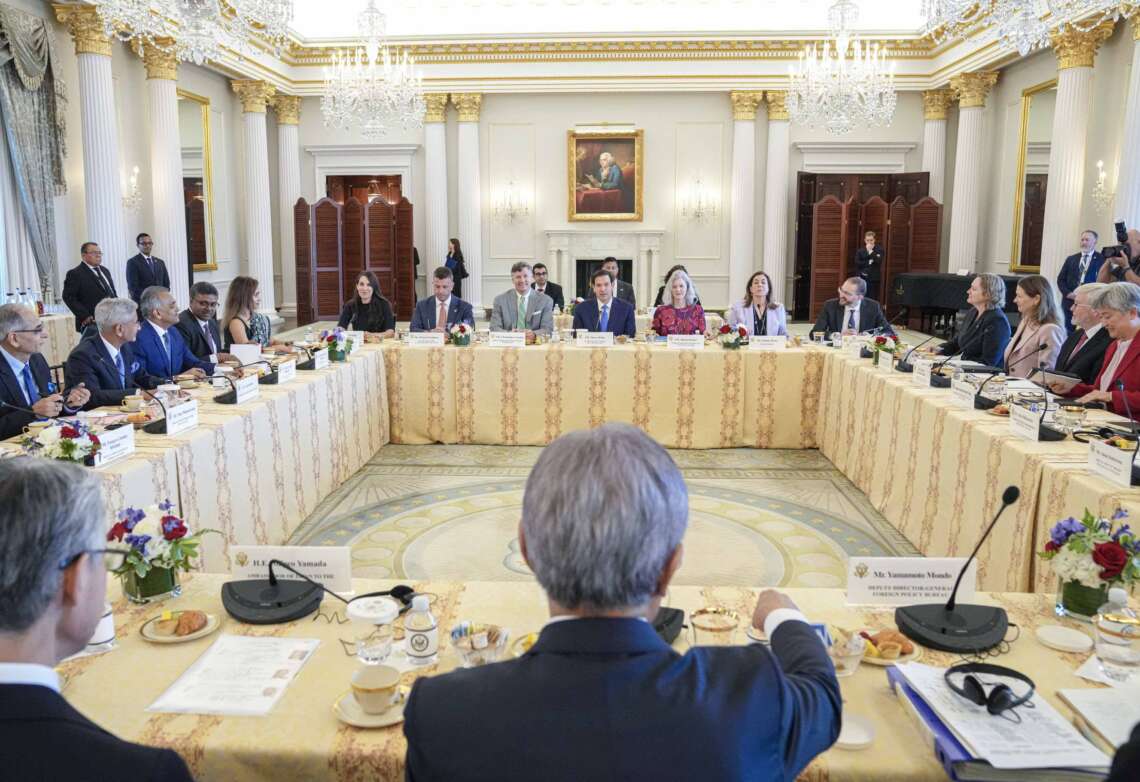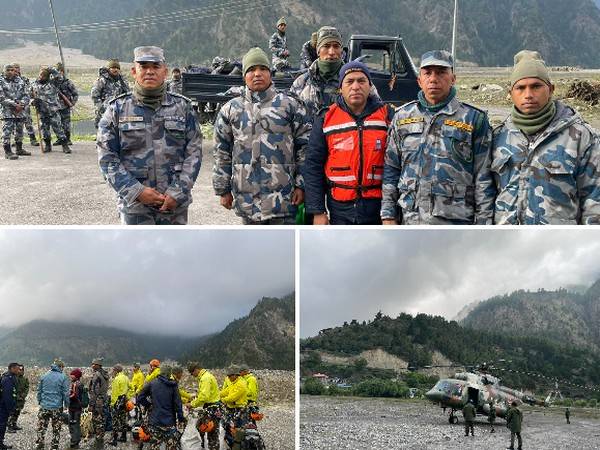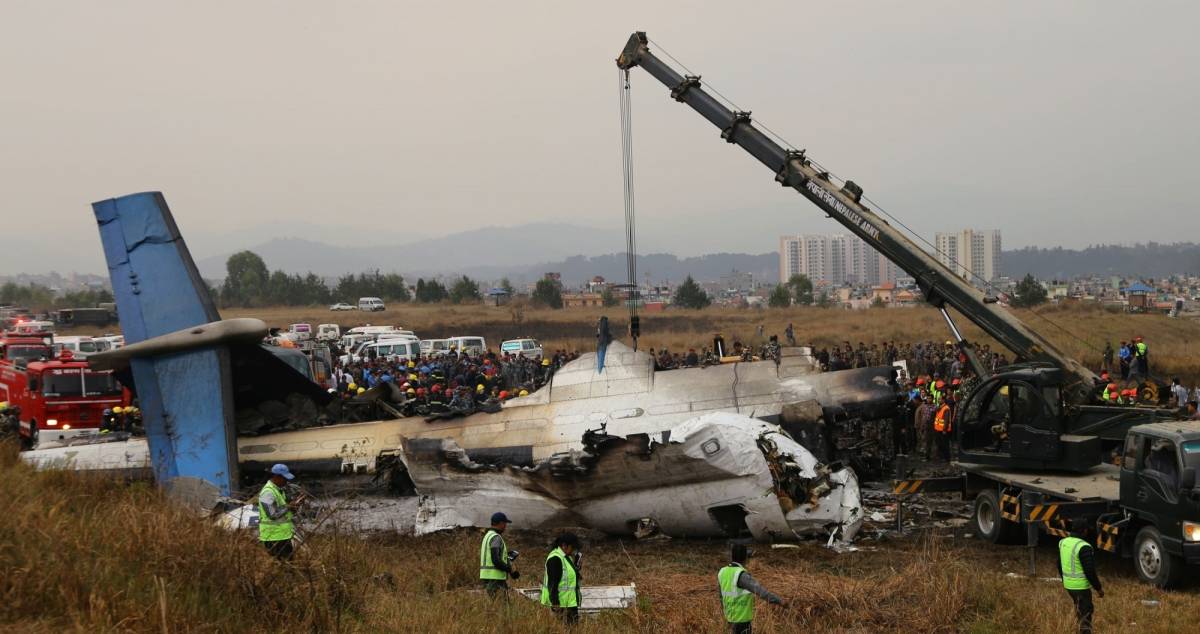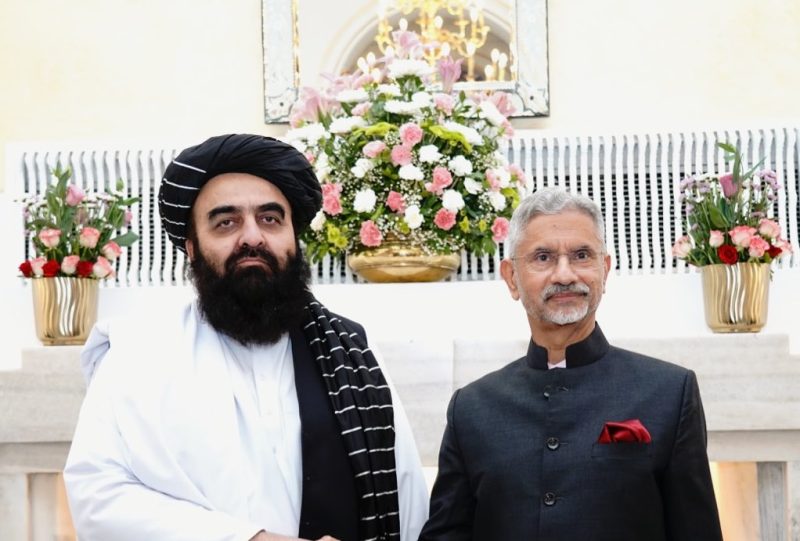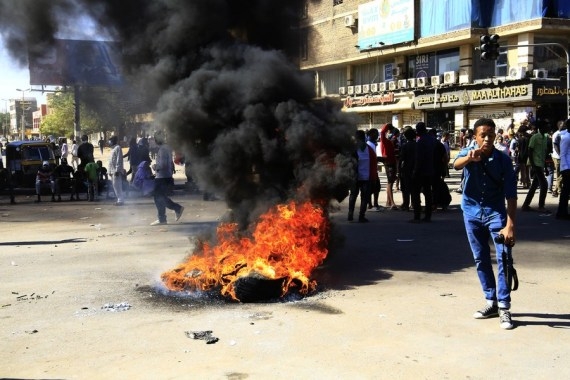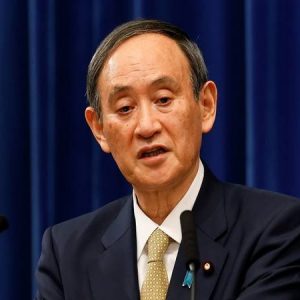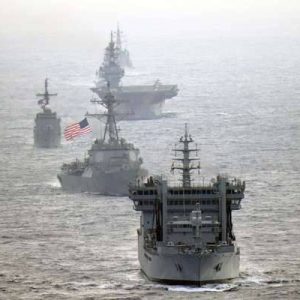Wang even questioned if the framework was “a political tool for the US to maintain regional economic hegemony and deliberately exclude specific countries”….reports Asian Lite News
The Tokyo Quadrilateral Security Dialogue (Quad) went well on May 24. The summit, which was the second in-person meeting among the leaders of Quad in less than a year, discussions took place on a wide array of issues, including increasing cooperation in Asia as well as responding to Russia-Ukraine war.
While Prime Minister Narendra Modi described the alliance as a “force for good” in his opening remarks at the Summit, Chinese Foreign Minister Wang Yi hit out at Quad’s Indo-Pacific strategy accusing Washington for trying to “sow discord in the region”.
The reaction of Chinese Foreign Minister on the new Indo-Pacific Framework (IPEF) was particularly full of unusual and explicit bitterness for obvious reasons. Amid increasing doubts on Chinese strategy under the Belt & Road Initiative (BRI), Quad offers more reliable, viable and credible possibilities for win-win cooperation among the Indo-Pacific countries.
Wang even questioned if the framework was “a political tool for the US to maintain regional economic hegemony and deliberately exclude specific countries”.
The Chinese reaction was on expected lines. Quad is primarily viewed by Beijing as a strategic counter to its BRI and expansionism in the South China Sea and Indo-Pacific region. Although Beijing sees Quad as a mechanism to counter its strategic outreach, the primary goal of Quad is to bring democratic countries together for ensuring regional security, sustainable development and shared prosperity.

The global community perceives Quad as an institution that would balance geo-political dynamics in the Indo-Pacific region. China is proceeding with its BRI despite allegations of creating debt traps for the participating developing countries and paying no or scant attention to destitution and environmental damage caused by these projects.
Quad primarily aims to ensure regional security in the Indo-Pacific region, especially in the wake of increasing apprehensions regarding China’s unlawful activism in the South China Sea as well as Indian Ocean, including deliberate efforts to enhance its military and naval presence. As signalled by Quad leaders, the alliance would remain entrenched into principles of democracy and mutual co-existence while respecting international laws and promoting multilateralism.
In his address, Modi underlined that “our confidence and determination are strengthening the democratic forces. Our cooperation at the level of Quad is aimed at an inclusive Indo-Pacific region”.
Apart from discussing their respective responses to the conflict in Ukraine and humanitarian crisis, the leaders took note of the post-coup crackdown in Myanmar and called for release of “all political detainees, including foreigners”. The Quad leaders sought the “swift restoration of democracy” in the country.

The leaders also announced two important initiatives. The first was formation of the Indo-Pacific Partnership for Maritime Domain Awareness (IPMDA), which will build a “faster, wider and more accurate maritime picture of near real-time activities in partners’ waters”. It would not only monitor increasing Chinese reconnaissance but also allow the tracking of “dark shipping” across the Indo-Pacific region.
The second initiative was the launch of the Indo-Pacific Economic Framework (IPEF) to develop an alternative trading and economic cooperation mechanism parallel to the Regional and Comprehensive Economic Partnership (RCEP) and Comprehensive and Progressive Trans Pacific Partnership (CPTPP). While RCEP is led by China, CPTPP was initially launched under the US policy of “Pivot to Asia”, but exited later by the former US President Donald Trump in 2015.
It is being increasingly felt among the Quad members that lack of an alternative mechanism would undermine the geopolitical space and control of the US and allies in the Indo-Pacific dynamics and in shaping the trade rules. There is a lurking apprehension that absence of such an alternative would make the Indo-Pacific region a hostage to China dominated RCEP and other assertive members of the CPTPP.
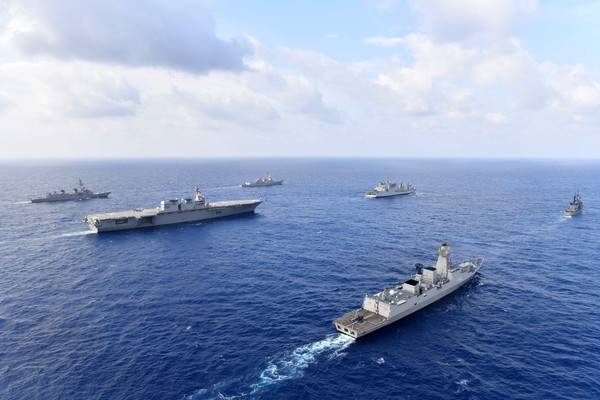
The issue of the Ukraine war was also taken up, but the Quad members, notwithstanding commonality in their stand on early cessation of war and humanitarian crisis and resolution of disputes through dialogue and negotiation, shared their own perspectives and compulsions. Both US President Joe Biden and Japanese Prime Minister Fumio Kishida under bilateral obligations condemned Russia’s actions and highlighted the importance for Quad to speak in one voice and display firm commitment towards the shared vision of free and open Pacific. Interestingly there was no discord on India’s position on Russia-Ukraine war from other three member countries, viz. the US, Japan and Australia.
Another significant development was that the four nation block committed $50 billion for sustainable and demand-driven infrastructure in the Indo-Pacific region. This commitment by Quad members would present the Indo-Pacific countries with an alternative to Chinese BRI and opportunity to seek funds and technical support for development of infrastructure without the apprehension of debt trap and environmental degradation as often is the case in the China assisted projects under the BRI.
The joint statement of Quad also re-affirmed that it would champion adherence to international laws and maintenance of freedom of navigation and over flight to meet challenges to the maritime rules-based order, including in the East and South China Seas. It read, “we strongly oppose any coercive, provocative and unilateral actions that seek to change the status quo and increase tensions in the area”.
However, the Chinese Foreign Minister described the Quad as an effort to maintain alleged US’ regional economic hegemony and attempt to create camps in the Asia-Pacific region on the lines of NATO.
Beijing apparently apprehends that Quad may act as a check and balance alliance against its wilful and unilateral strategic designs and manoeuvres in the region.


